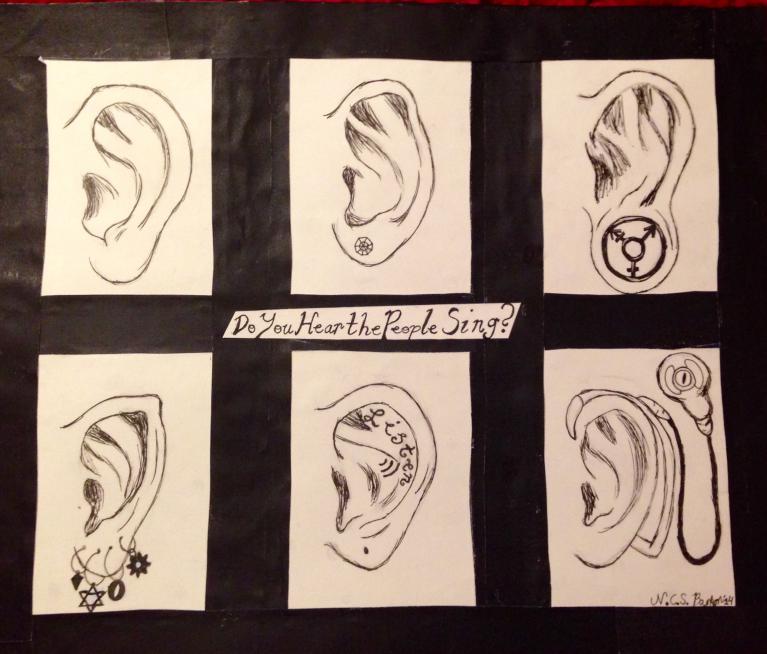For my intersectionality essay, I’d like to do a close reading of a couple episodes of The L Word, in order to look at how the character of Bette grapples with her many, complicated identities—and, in turn, how the media represents intersectional characters. Bette is a very proud and vocal lesbian, as well as a biracial (often white-passing), upper-class, able-bodied individual. The relationship between these identities really come into play when she and her partner, Tina (who is white), decide to have a child. The couple argue over whether or not it makes sense to use an African-American donor, if Tina is carrying the child (Bette argues that it is, because that way, the baby would look like both of them).








